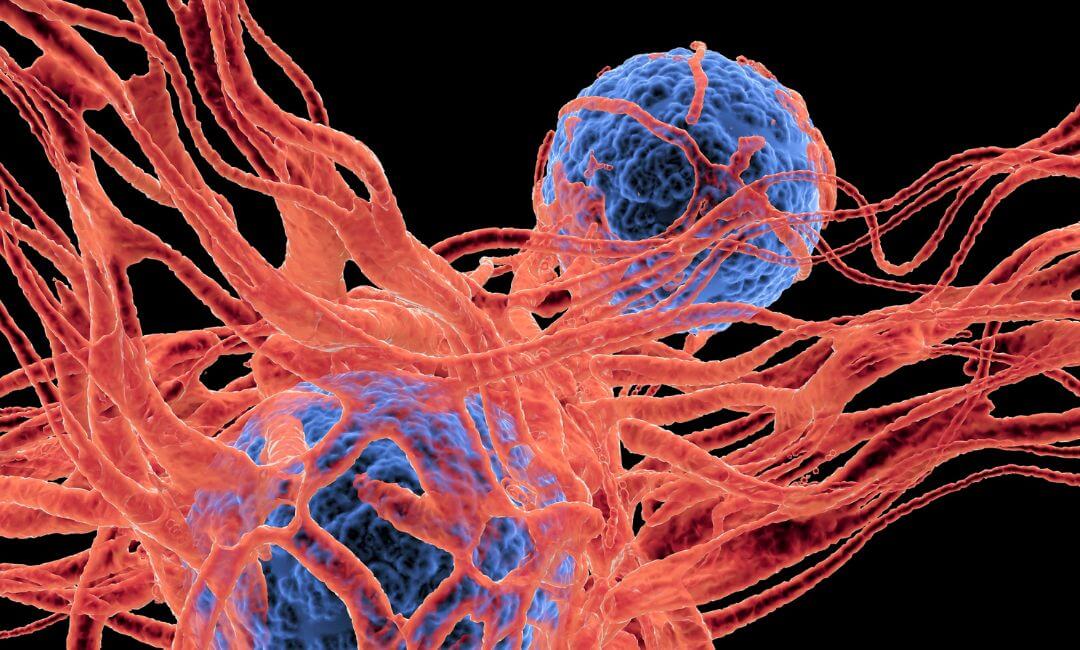Led by Kathryn Schmitz, PhD, MPH, from the Division of Malignant Hematology and Medical Oncology, and Jian-Min Yuan, MD, PhD, from the Department of Epidemiology, the Translational Research Training in Cancer Prevention and Control T32, provides integrated training in an interdisciplinary research and teaching setting at the University of Pittsburgh Medical Center (UPMC) Hillman Cancer Center.
Now in its eleventh year of funding, pre- and post-doctorates in the program will be trained in understanding the role of environmental exposures, behaviors and lifestyle, and genetic and other physiological factors in the development and progression of cancer in humans. The training program involves cross-disciplinary training courses in different tracks including clinical trial research, translational research, and the population-based observational and interventional research on cancer. Working with experienced mentors in a multiple disciplinary team, trainees will conduct research from mechanistic experiments and observational studies in populations to randomized intervention studies to test the efficacy of cancer-preventive means and strategies in humans. This mentored research will provide direct research experience to trainees in study design, methodological development, implementation of research protocol, data collection, analysis and interpretation, and manuscript preparation and publication. The program will also guide trainees on how to translate discoveries from pre-clinical experimental and/or observational studies into randomized interventional studies for cancer prevention and control.
Given the severe shortfall of research scientists who are capable of conducting comprehensive studies that translate fundamental knowledge from the bench to the clinical and the community settings for the improvement of cancer prevention and control, this training program will create a new generation of researchers superbly trained in multidisciplinary settings with a broad perspective and knowledge concerning basic, epidemiologic, and clinical sciences. This new generation of scientists will be competent to undertake multidisciplinary cancer prevention and control research that translates the discoveries in pre-clinical experimental and observational studies into randomized interventional studies for eliminating the suffering and death due to cancer.

